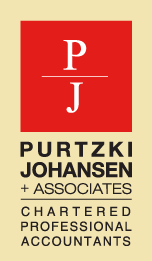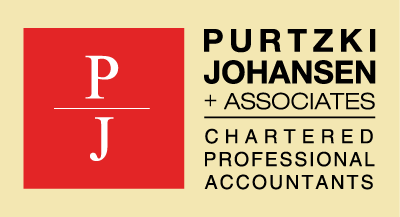The COVID-19 crisis has a particularly big impact on dentists 65 years or older as they are now forced to reassess their exit strategy. The retirement age of dentists has been creeping up over the years and is now at 69.4 years of age.
A dentist planning to retire in a few years is asking the following questions: Shall I just continue working to rebuild my patient volume after the coronavirus and sell the practice when everything is back to normal? What would I get for my practice now? What impact does the lower than normal revenues after the shutdown have on the selling price? Would my financial resources allow me to quit now?
Dental practices are resilient and seem to withstand the financial pressures brought on by the pandemic. 90% of the clinics are open now in the U.S. and according to the ADA survey, the patient volume has been rebuilding to 60% of pre-COVID levels as at June 1, 2020. This was up from 38 % on the last survey on May 18, 2020.
It is still is a seller’s market, where buyers still are outnumbering sellers. Buyers are moving forward to close on a practice purchase, even if the revenue is not quite up to the pre-COVID level. To date, there is no sign of a decrease in practice values. A buyer is understandably concerned about how quickly the clinic can rebuild its revenues. The buyer may opt to delay the closing date of the sale for 3 to 6 months. In some cases, the buyer and seller may agree to enter into an earn- out arrangement with 90% of the purchase price paid on closing and the remaining 10% being paid in 3 to 6 months, if revenues have fully recovered.
The Dental Service Organizations (DSOs) like Dentalcorp seem to be sitting on the sidelines watching the evolution of the dental market after COVID. You can expect that a sale to a DSO today would be at a substantial discount of what the DSO would have offered you a year ago.
Associates are motivated right now to purchase a clinic or start a clinic from scratch, since their associate position is not as secure as it used to be. Due to the reduced patient volume, associates are laid off or have their hours cut. Being an associate now seems to be more risky than being a practice owner. The associates feel that by becoming an owner now gives them control over their future.



